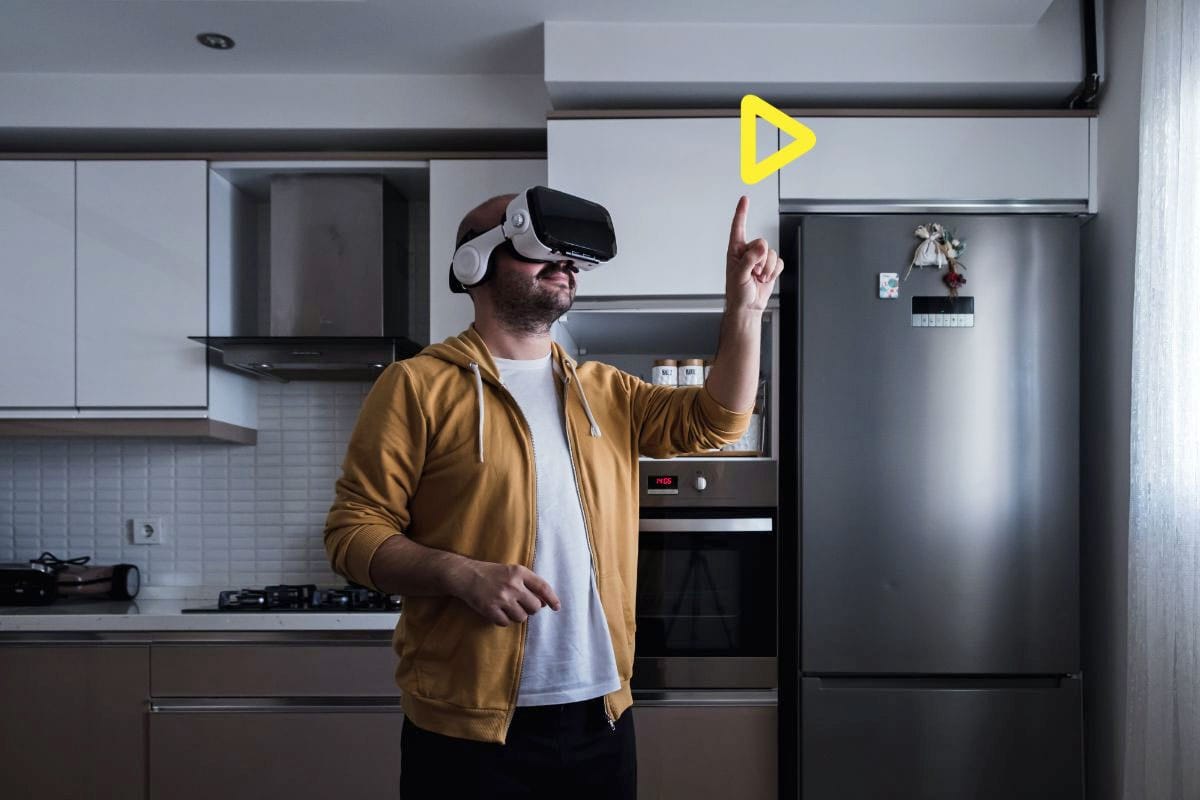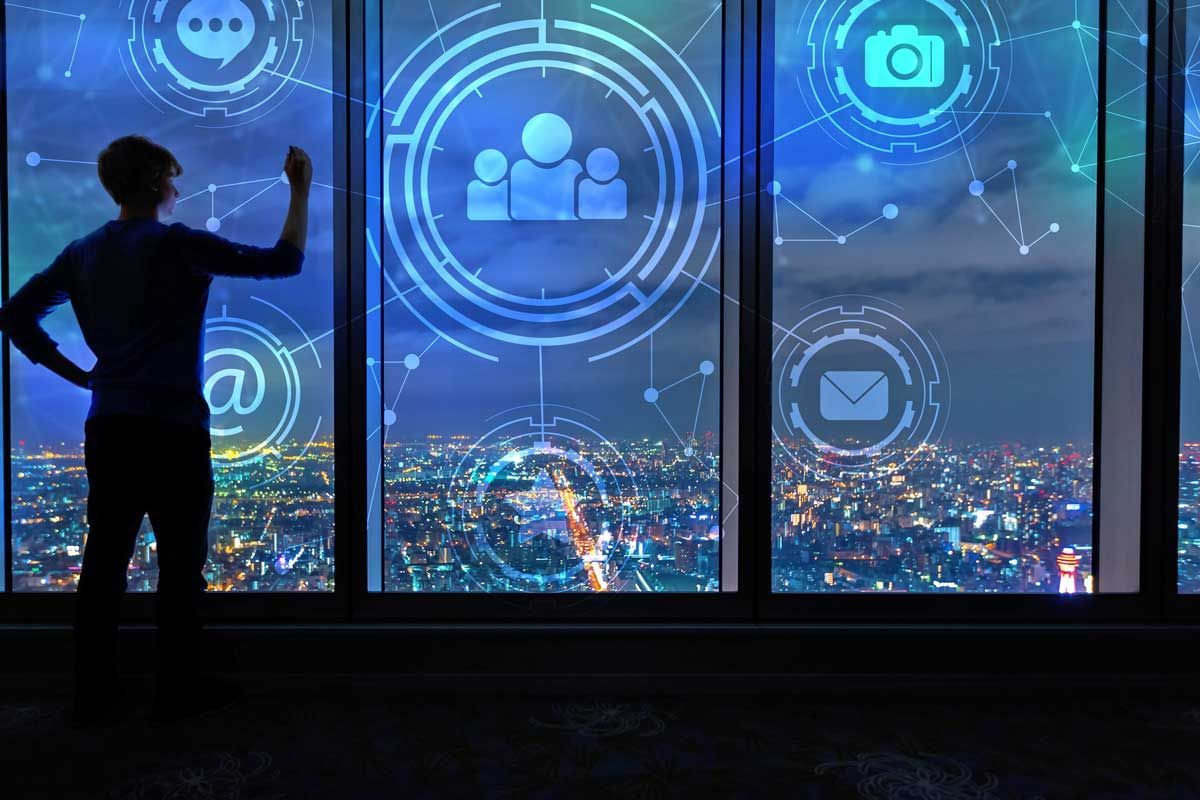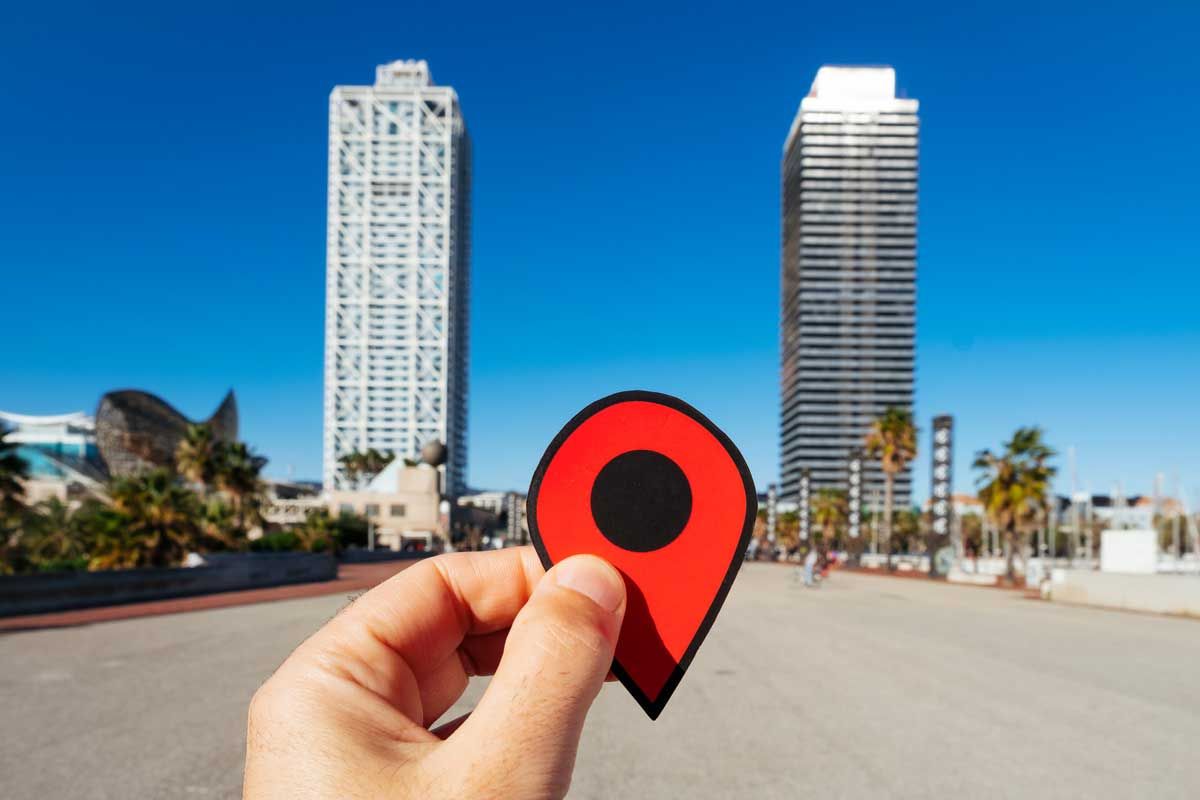What Is The Metaverse?
Most business owners have likely heard of the term metaverse but may not know what it means. We can help!

While it’s being explored more since the announcement of Facebook's Meta rebrand, the metaverse isn’t a new concept. The term was coined in 1992 by Neal Stephenson in his cyberpunk classic novel “Snow Crash” to describe a virtual world built on top of the internet.
While there are many different definitions of the metaverse, at its core, it is a digital world where people can socialize, do business, and engage in other activities. This blog post will explore the metaverse concept and discuss why companies should care about it.
What Is the Metaverse?
The metaverse is a virtual world that exists on top of the real world. The “meta” in the name means "beyond," and “verse” is short for "universe." This name indicates that it is a universe beyond the tangible world, referring to its digital nature. In simpler terms, the metaverse is a collection of virtual worlds that you can access through the internet.
Part of the appeal is that the metaverse is distinctly separate from reality, meaning you can do things that are impossible in the real world. In the more idealistic visions of the metaverse, it exists as a blank canvas. There are no boundaries in the metaverse, allowing you to break away from physical laws and limitations.
Properties of Metaverse
Like any large vision of an undefined future, many have tried to define the metaverse. While there isn’t a single cohesive definition of it, these are some generally accepted characteristics of it:
- Virtual Reality
Virtual reality is one of the backbones of the metaverse, as it allows for the creation of a digital world that people can readily interact with. - Avatar
To travel between these different versions, you need to use an avatar, the graphical representation of yourself in the metaverse. While it will be useful for individuals, companies could also create digital avatars to make company interactions feel more personalized for users. - Augmented Reality (AR)
Augmented reality allows for the creation of virtual objects rendered in real-time. These objects will be similar to tangible objects in that they can go along with sensory experiences, such as being able to touch and feel a physical product before purchasing it. - Multiplayer
To borrow a gaming term, the metaverse will be a multiplayer world where you can interact with other people in more meaningful and personal ways, as though you’re physically there with someone. - Persistent
The metaverse will be persistent, meaning that the world will continue to exist even when you're not online. In that sense, it is similar to social media platforms. You can come and go as you please, but the metaverse will continue to evolve regardless. - Multi-device
The metaverse will be a multi-device world, meaning you can access it from different devices. You could be on your computer at home, then pick up your phone and continue where you left off. It also means businesses can create metaverses accessible from different devices, such as phones and tablets.
Potential Uses of the Metaverse
As mentioned, companies can use the metaverse to create virtual simulations of products and services for customers. The metaverse will also be instrumental in helping companies train their employees. You could use it to create product sales training sessions, for example.
Along with this, many anticipate that it will change the face of marketing. Rather than paying for ads on social media or PPC ad campaigns, companies may be able to buy digital ad spaces that function like billboards. As metaverse users interact with the world, they will encounter these ads and interact with them in unprecedented ways compared to modern ads. They could see an ad and go to a digital representation of a physical store, for instance.
Others have stated that the metaverse could interact with emerging brainwave technology -- technology that can interpret brainwaves as cohesive sentences and images. In this case, users could interact with the metaverse using their thoughts alone. Companies could use these thoughts to recommend products and services that meet their needs. If someone frequently thinks about buying a blender, for example, a company selling that product could recommend the perfect model for them.
This is by no means a comprehensive list, however. Being conceptual, there are nearly infinite possibilities for the future of the metaverse, and it will take time to see which ones will develop first, if at all.
The Future of the Metaverse
Many changes are happening in the world of technology, but one that will have a large impact on your business is the arrival of the metaverse. The metaverse may not be here just yet, but it could have the power to change the way you do business and engage with your clientele forever.










